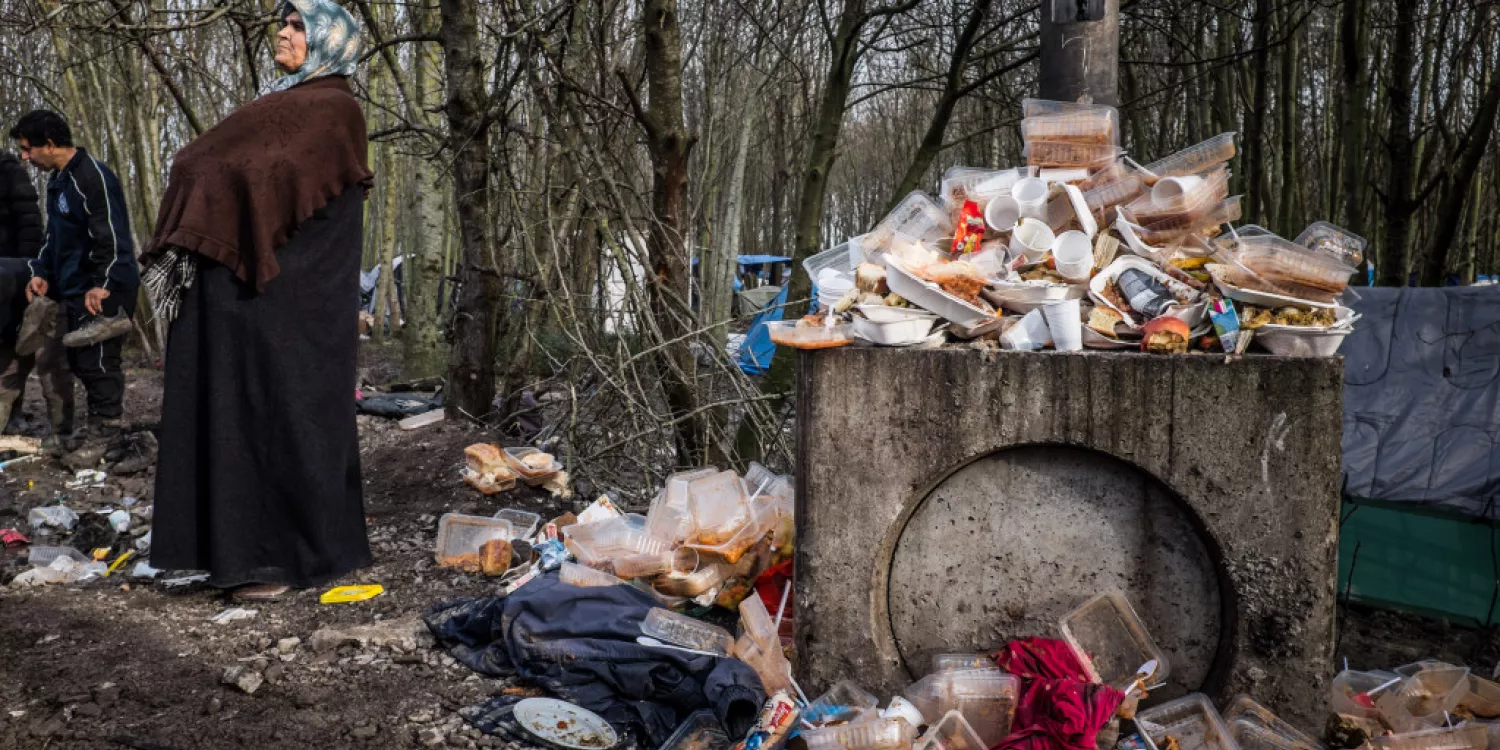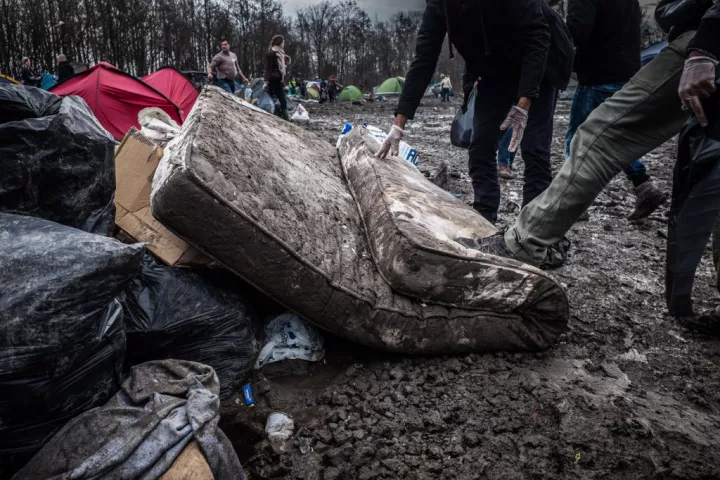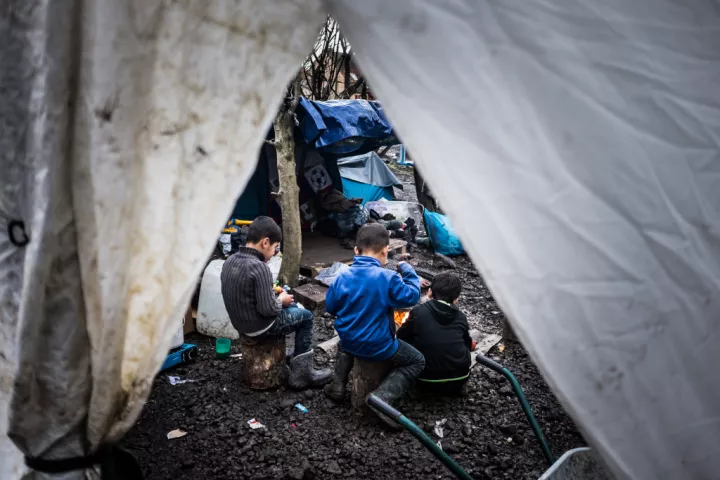What's happening in Dunkirk's Grande-Synthe camp?
The refugee camp in Northern France has been garnering headlines for its appalling conditions

A volunteer at the site reports from the ground
 Inhumane conditions
Inhumane conditions
Conditions in the camp in the suburb of Grand-Synthe are squalid. The majority of residents live in flimsy, damp tents, unfit for an English summer festival let alone the north of France in an incredibly wet winter. What was once a football pitch became a muddy bog. By January, as a result of almost non-stop rain for many days, the centre of the camp resembles a stinking swamp. Many tents were flooded and others washed away leaving 200 residents without shelter. Volunteers on the ground had been unable to replace them due to restrictions on aid coming into the camp.
Residents have little in the way of infrastructure present in the Calais camp. The showers have been broken for four months, and before that they were often freezing cold. Simon Lewis, head of UK emergency planning response at the British Red Cross described the conditions as inhumane. “People are surviving on very little. There’s no electricity, heating or waste management. The lack of toilets and showers mean people are living in appalling and inhumane conditions.”
With the exception of MSF, there are no large charities permanently on the ground, and no signs of government support. Aside from a kitchen that has the capacity to serve 200-300 meals a day and a small school, there is simply a submerged field and groups of untrained, under-resourced volunteers like myself, all doing our best in an impossible situation.
Long-term volunteers, who are already stretched to breaking point, are having efforts to support residents frustrated by a French state determined to squeeze the camp and stamp down on morale. Tents, clothing and belongings destroyed by the terrible weather conditions cannot be replaced and residents are wet, desperate and hungry.
On 11 January a temporary reprieve was granted, allowing new tents onto the site for one day. Volunteers from across the UK and neighbouring Calais turned out in force to provide tents and sleeping bags. A walkway was also built to help negotiate the ever-increasing mud. However, allowing volunteers a single day to swap out broken and damaged tents for new ones is an inadequate response to the ongoing humanitarian crisis in Grand-Synthe.
 The new site
The new site
Since that first visit to the camp in November, I have been over again twice and some of my teammates spent Christmas there. The terrible weather conditions, mud and increase in numbers, let alone the aid blockade, means meeting the needs of residents has become a mammoth task.
Authorities have now given the green light to a new purpose built site overseen by MSF to replace the current site at Grand-Synthe. The new camp came with a promise of higher standards, including heated tents, proper sanitation and medical care but there is concern about whether volunteers will be able continue to support the residents.
Increased living standards would clearly save lives and prevent the disease and ill health currently spreading through the camp. According to MSF the new camp will be ready in four weeks but will only have space for 2,500 residents. Volunteers on the ground suggest that a camp of that size would take at least two months to build. Even by conservative estimates, the residents will have to remain in the current conditions until mid-February, seeing out much of winter in flimsy, damp, nylon tents.
But questions remain around whether residents will be required to apply for asylum in France, whether residents fingerprints will be taken (as it's rumoured that access to the new shipping container camp in Calais will be by fingerprint), and if residents will really be able to come and go as they please.
Many of the residents are reluctant to move to the new camp because what they want is to come to England, where many have relatives and speak the language. They don’t need better tents, they want our government to open the borders so they can start a new peaceful, safe life here with us. The reality is that this is unlikely to ever happen so the people in the camp in Grande-Synthe, and in Calais, will continue to risk death in search of a better life.

